Mediterranean migrant crisis: Sicilian port's graveyard of boats provides moving memorial to the dead
Trainers, cracked water bottles and scraps of discarded clothing litter the vessels, whose passengers never reached Europe
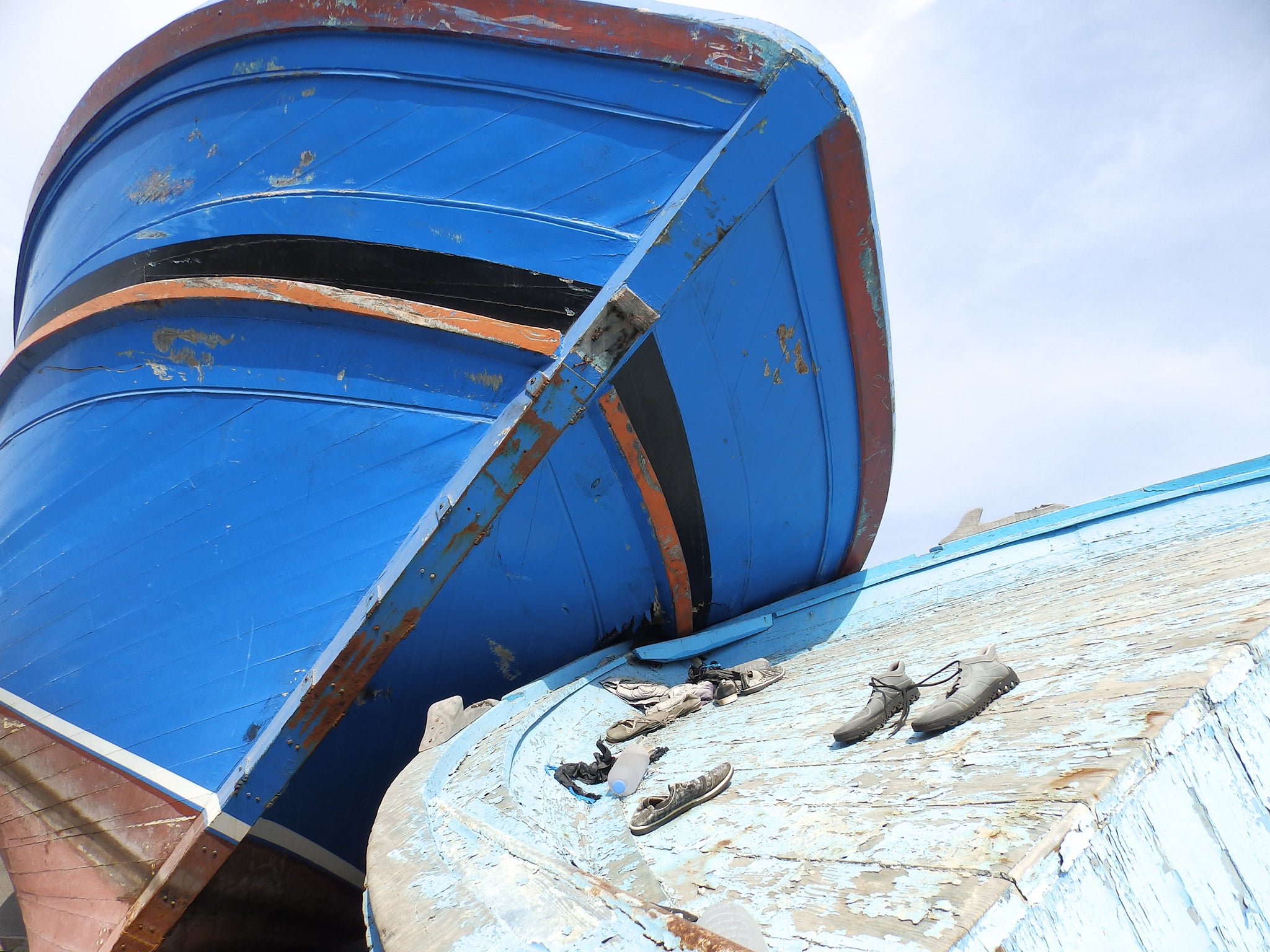
Your support helps us to tell the story
From reproductive rights to climate change to Big Tech, The Independent is on the ground when the story is developing. Whether it's investigating the financials of Elon Musk's pro-Trump PAC or producing our latest documentary, 'The A Word', which shines a light on the American women fighting for reproductive rights, we know how important it is to parse out the facts from the messaging.
At such a critical moment in US history, we need reporters on the ground. Your donation allows us to keep sending journalists to speak to both sides of the story.
The Independent is trusted by Americans across the entire political spectrum. And unlike many other quality news outlets, we choose not to lock Americans out of our reporting and analysis with paywalls. We believe quality journalism should be available to everyone, paid for by those who can afford it.
Your support makes all the difference.The thousands of migrants who have lost their lives crossing the Mediterranean in a year of desperate bids to reach Europe have barely left a mark.
Murdered, drowned, suffocated or starved, many of the dead are thrown overboard by smugglers, who prove themselves ruthlessly disinterested in their passengers' welfare after taking payment in advance.
Any bodies brought ashore in Italy are buried quietly by the authorities, often without a name to mark their gravestone or to help trace the hopeful relatives waiting for news at home.
But in the Sicilian port of Pozzallo, a different kind of graveyard is marking the nameless migrants' passing, made entirely of boats.
Clustered together on the tarmac of the town's commercial dock, they stand in silent tribute to the dead just metres away from families playing on the adjacent beach and oblivious tourists being ferried to and from Malta.
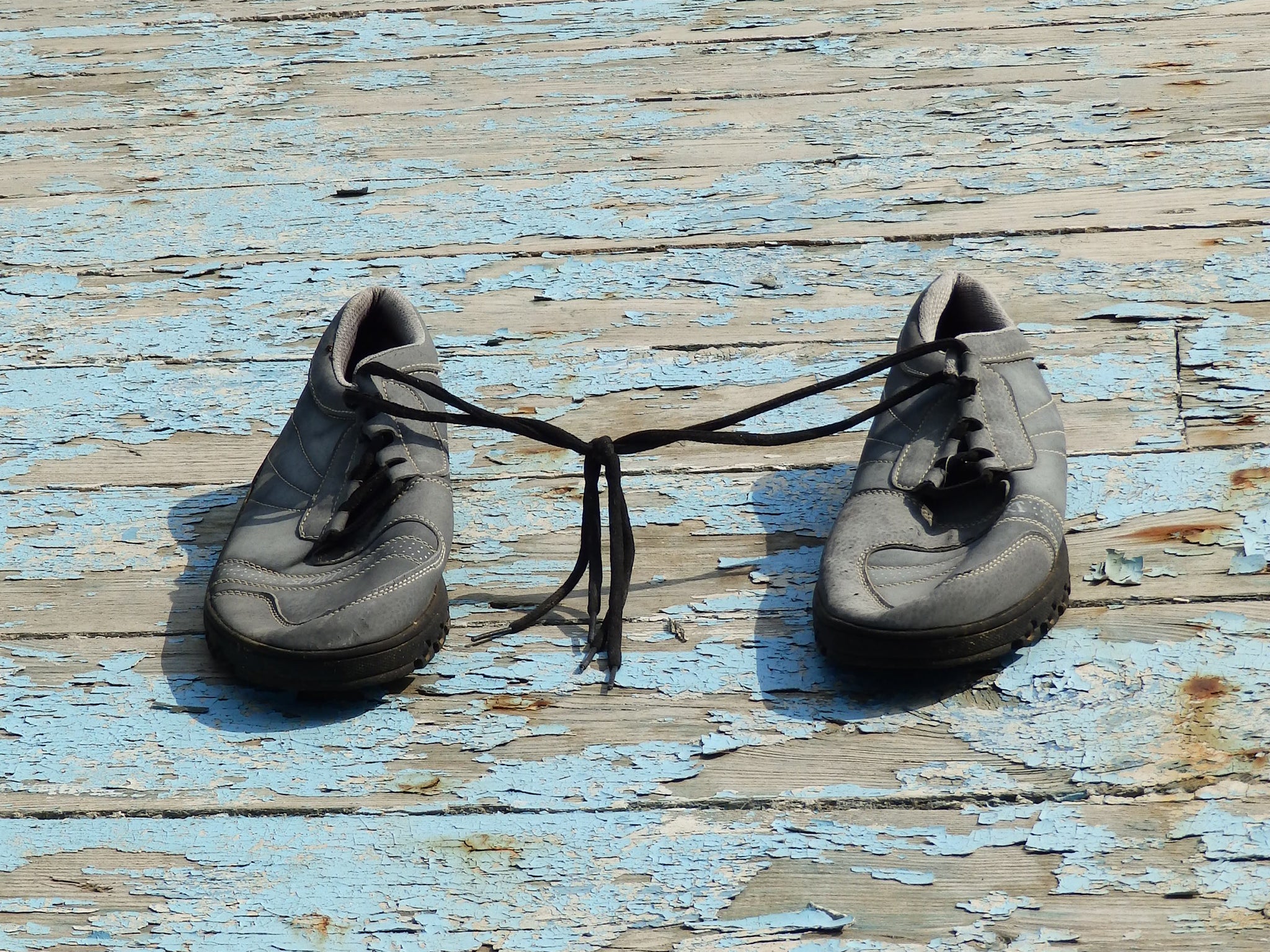
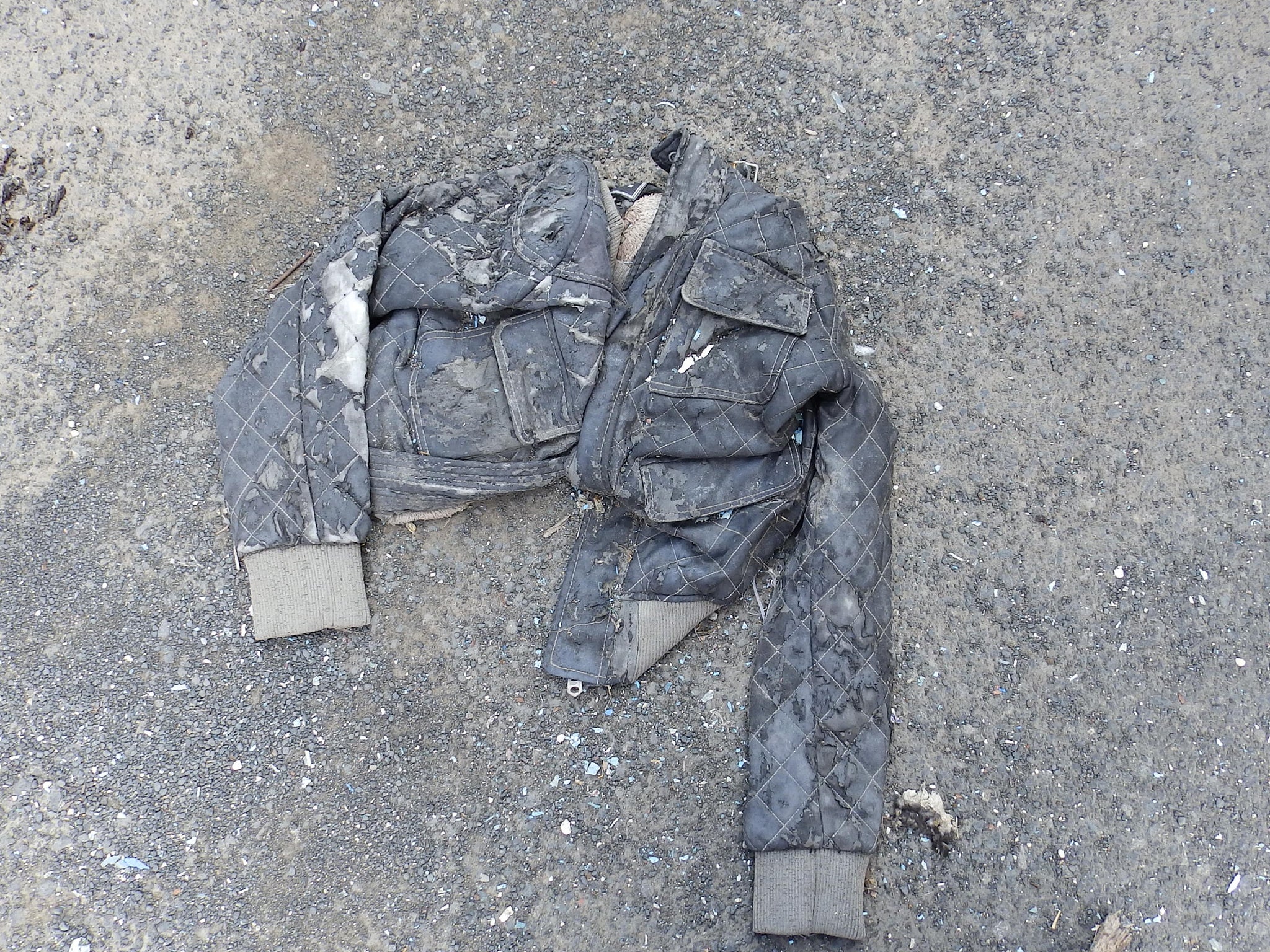
The tattered vessels lean against one another in a haphazard pile, as the sunshine slowly erases the Arabic-inscribed names tracing them to North Africa.
The awkward angles forced by dry land have sent piles of faded life jackets spilling over the dock, where they are dotted among traces of the passengers who once needed them.
A child's shoe sits on the deck of one wreck, while a tiny padded jacket lies on the ground nearby.
Trainers, cracked water bottles and scraps of discarded clothing litter the vessels, whose doors and hatches were left open by surviving migrants desperate to escape their floating prison.
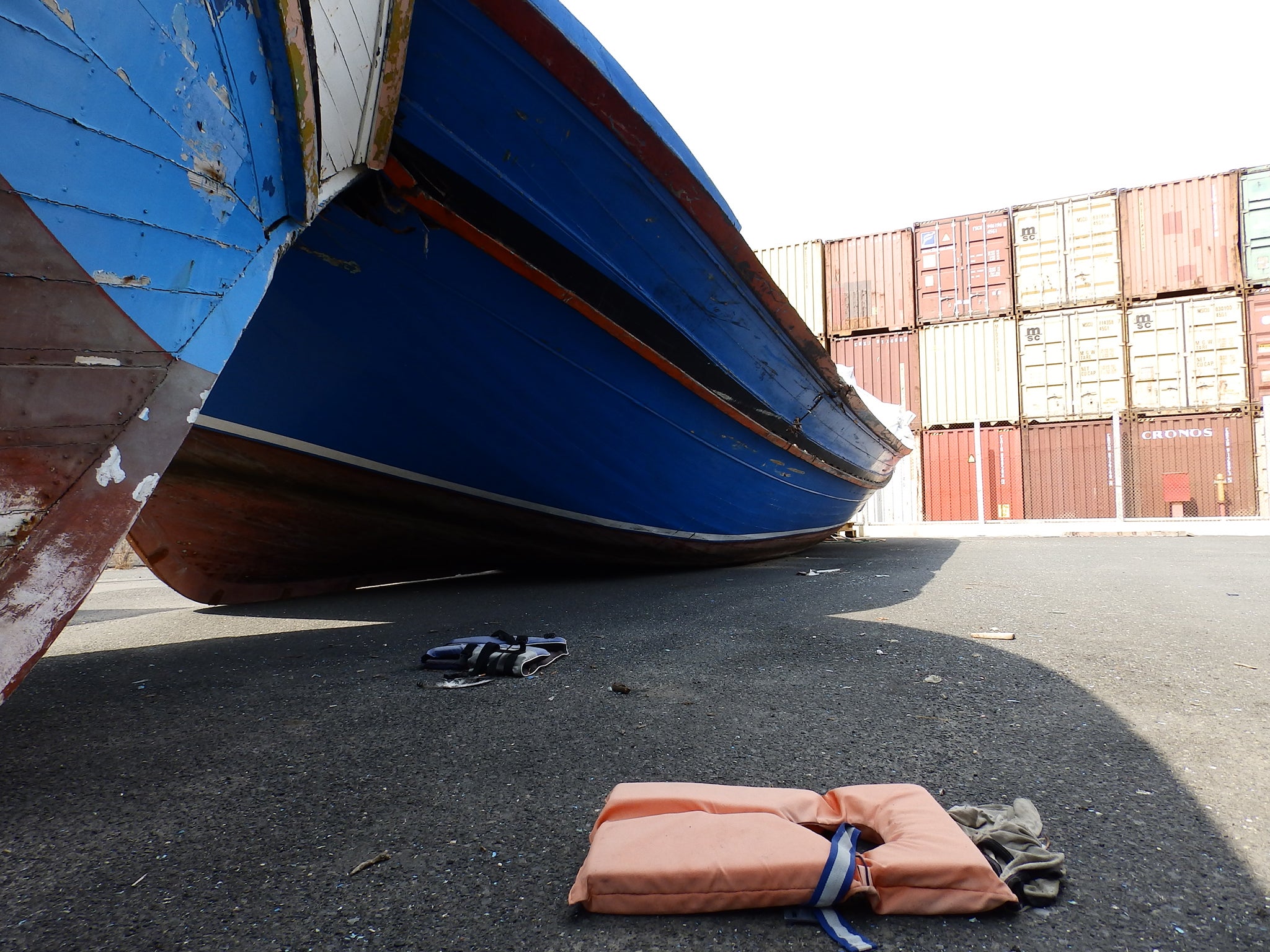
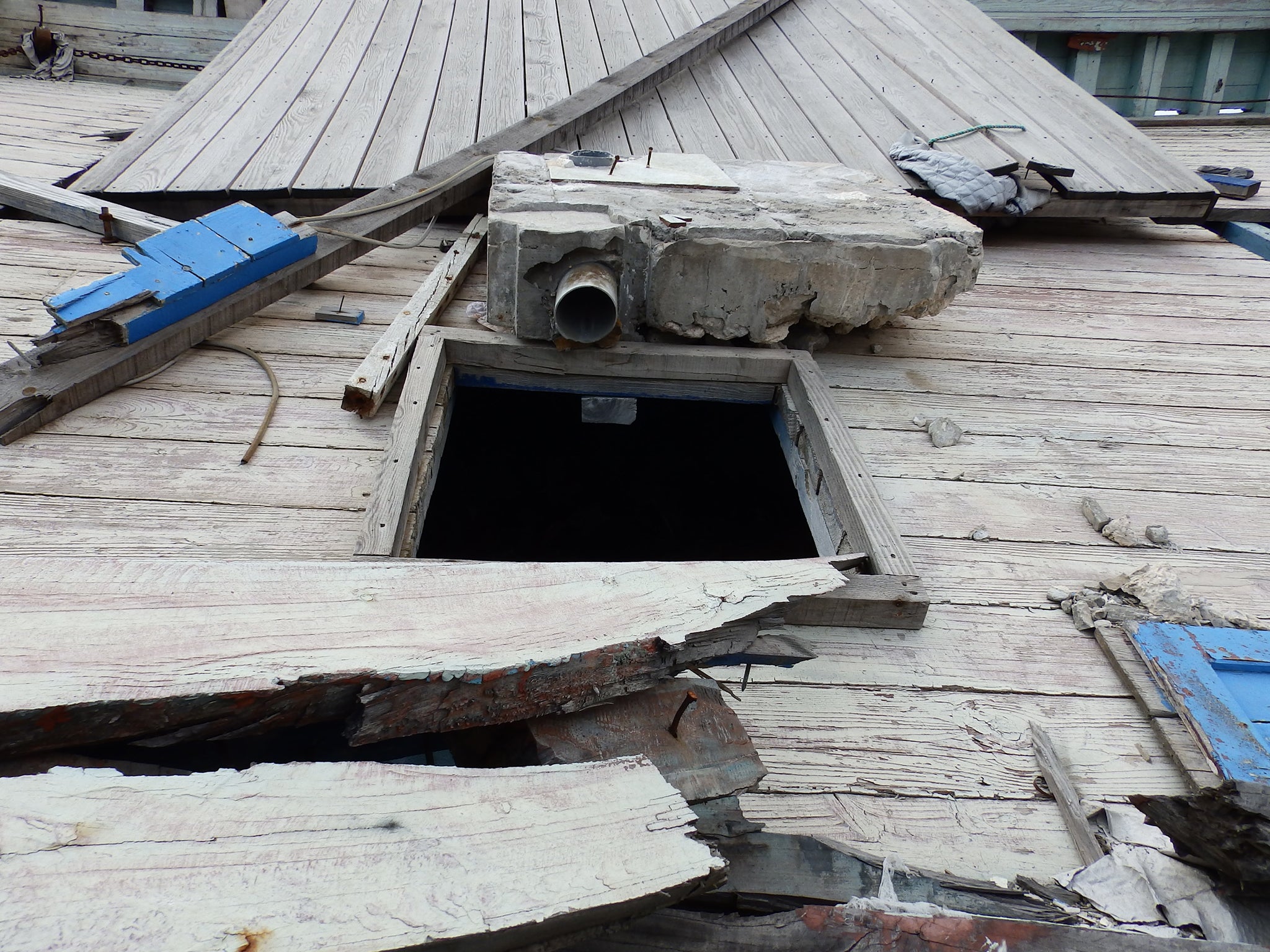
Locals have dubbed the vessels “ghost ships”, not just because of their eerie presence, but because of the tragedies that unfolded on board.
A passing port worker, Giuseppe, told me the migrant ships were barely seaworthy when they came ashore but have been preserved by local people as a memorial to the dead.
One vessel standing alone at the end of the graveyard was the scene of one of Pozzallo's worst ever tragedies last year.
Barely 50ft long, Libyan smugglers had packed the boat with an estimated 600 migrants, locking many of them in the hold below deck.
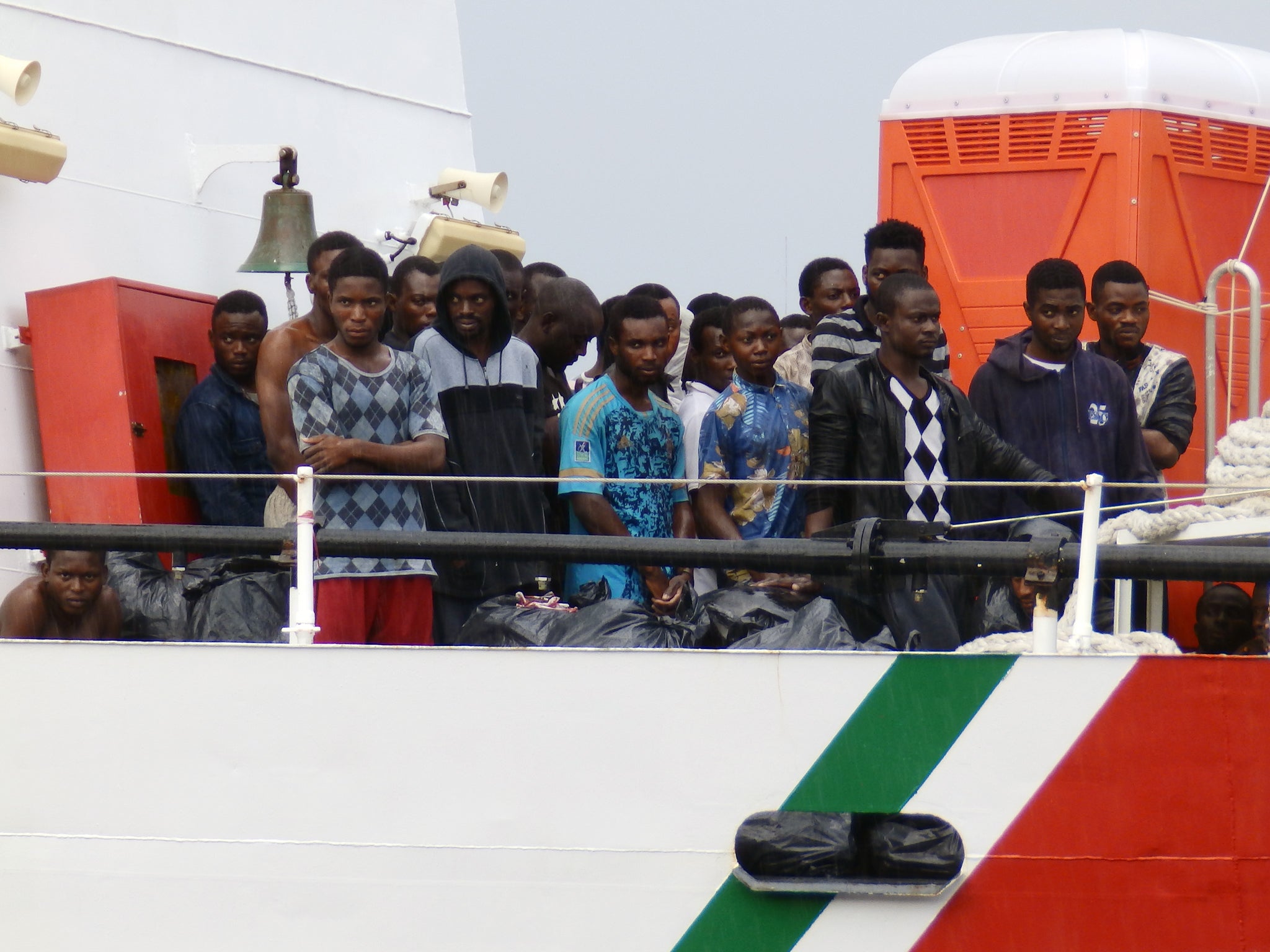
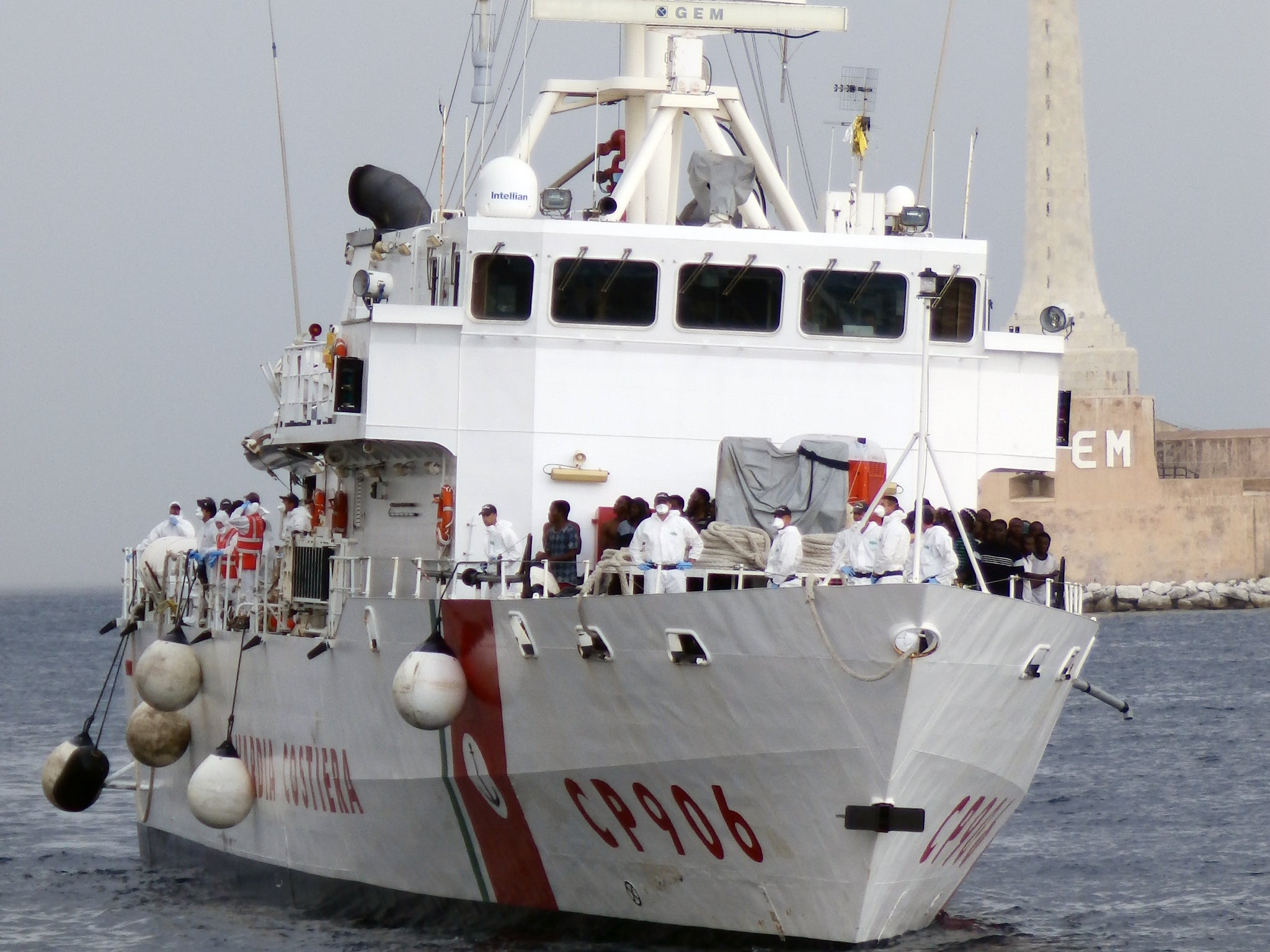
When rescuers from the Italian navy opened the hatch, they found almost 40 dead bodies among the survivors. Medics found that they had suffocated to death.
Giuseppe, who did not want to give his second name, was at work on the day the boat was towed into Pozzallo in June last year.
“I will remember that day for as long as I live,” he said. “They were all young men, all in their 20s, all dead.”
After watching migrants from around the world arrive for the last 15 years, Giuseppe said he only wants to help the desperate people and believes most local people feel the same.
He added: “There used to be a gap of one, maybe two years with no trouble. Now one or two boats are arriving every day and the situation is impossible to control.
”We all want to help but they need more. This is not just a problem for Italy, it is a problem for Europe.“
More than 8,000 migrants have landed in Pozzallo so far this year, according to Doctors Without Borders (MSF), which treats people arriving in the province.
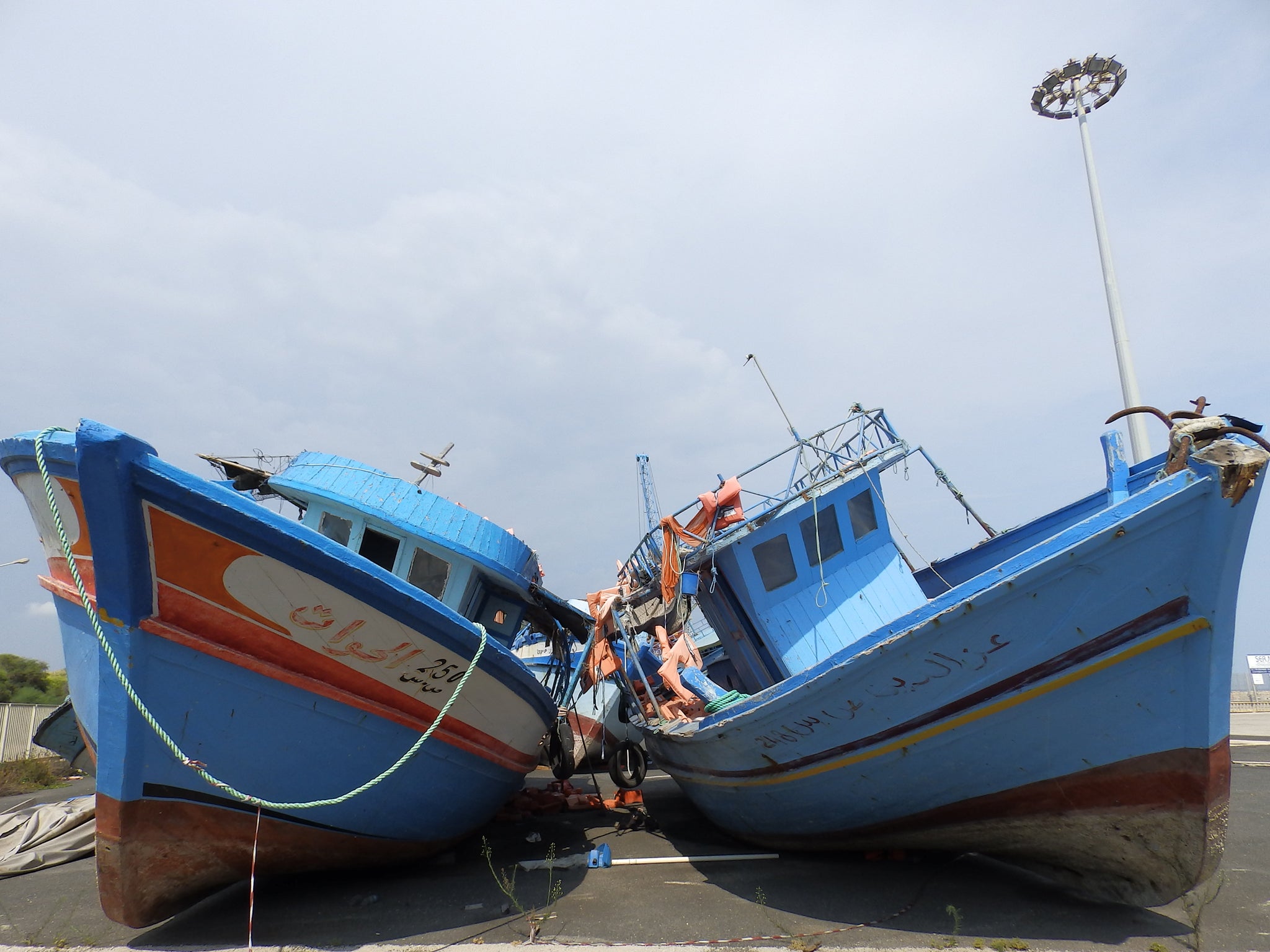
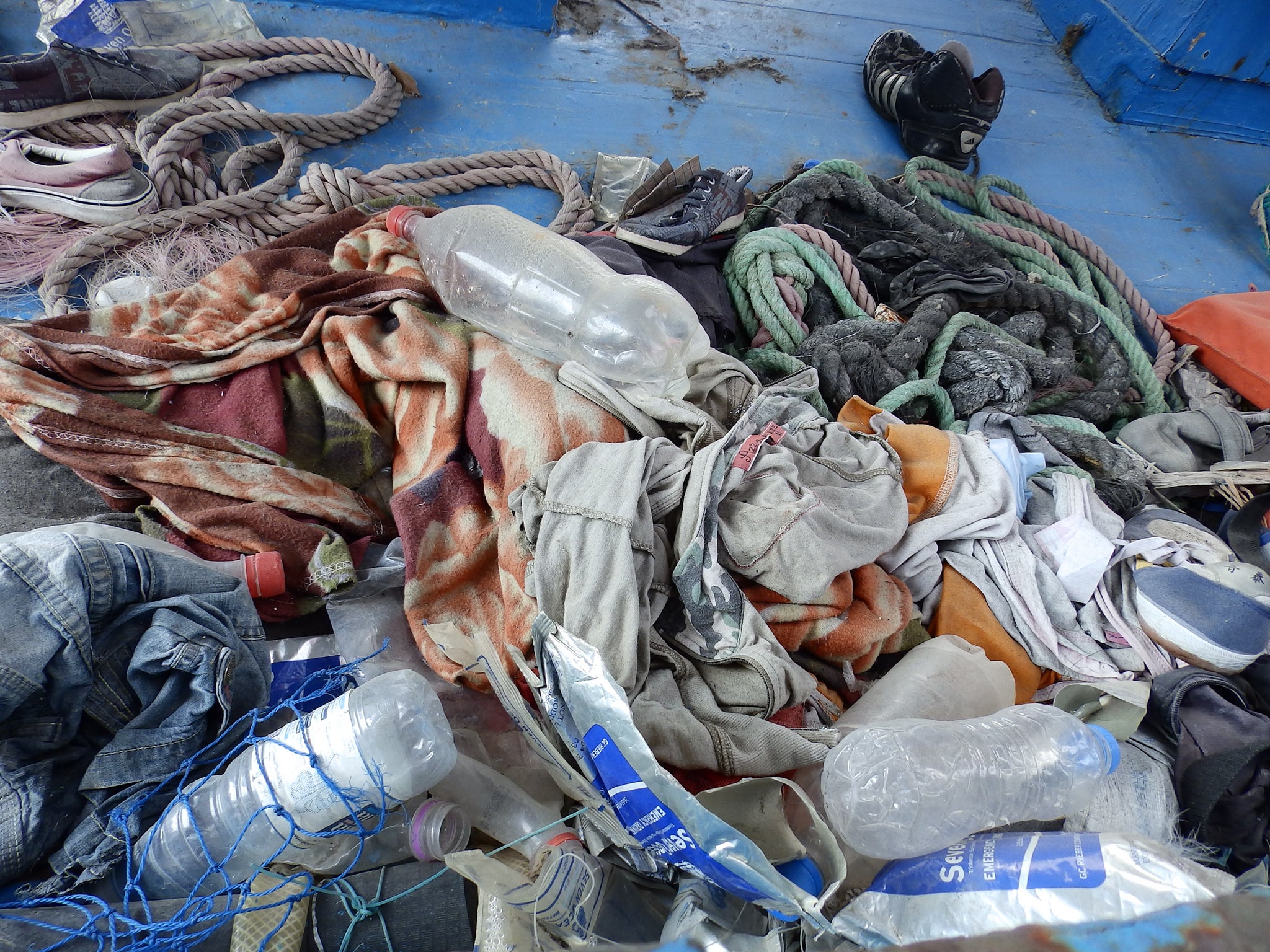
The figure is only a fraction of more than 100,000 who have crossed the Mediterranean this year.
More than 2,000 migrants have died on the perilous voyage in that time, according to the International Organisation for migration, and the figure rose on Wednesday after a boat carrying as many as 700 people capsized off the coast of Libya.
More than 25 bodies have been recovered so far and survivors of the disaster are due to arrive in Sicily on Thursday.
Join our commenting forum
Join thought-provoking conversations, follow other Independent readers and see their replies
Comments